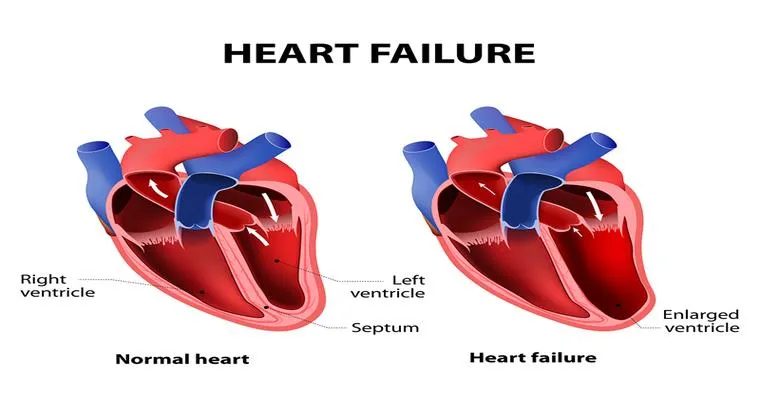Having a loved one diagnosed with "advanced dementia" and now facing a possible diagnosis of "congestive heart failure (CHF)" can be a deeply emotional and challenging experience. The combination of these conditions can leave family members feeling overwhelmed and devastated, not only due to the potential decline in health but also because of the uncertainty regarding the time left with their loved one. It is natural to seek answers and clarity during such a difficult time.
Understanding Advanced Dementia and CHF
"Advanced dementia" is characterized by significant cognitive decline that affects daily functioning. Patients may struggle with memory loss, confusion, and difficulty communicating. On the other hand, "congestive heart failure (CHF)" is a condition where the heart is unable to pump blood effectively, leading to symptoms such as shortness of breath, fatigue, and fluid retention. The interplay between these two conditions can complicate treatment and care.
Factors Influencing Life Expectancy
When it comes to estimating how much time may be left, several factors come into play:
1. "Overall Health": The general health of your mom prior to these diagnoses, including any other medical conditions, plays a crucial role.
2. "Stage of CHF": The severity of her "congestive heart failure" can significantly affect prognosis. For instance, if CHF is diagnosed early and managed effectively, life expectancy can be extended.
3. "Response to Treatment": The results of the upcoming tests and her response to any treatments provided will also influence how her health progresses.
4. "Support Systems": Access to effective care and support systems can improve quality of life, even if it does not significantly extend it.
Seeking Clarity Through Communication
It is essential to have open and honest discussions with healthcare providers about your mom's condition, potential treatments, and what you can expect moving forward. Palliative care may also be an option to discuss, focusing on comfort and quality of life rather than curative measures.
Coping with Emotional Turmoil
Feeling devastated is a normal reaction to such distressing news. It is crucial to seek support from friends, family, or even professional counseling to process your feelings. Engaging in support groups for caregivers and families of individuals with dementia or CHF can provide comfort and understanding during this tough time.
Conclusion
While it is impossible to predict exact timelines when dealing with "advanced dementia" and "congestive heart failure", understanding the complexities of both conditions can help families navigate this challenging journey. Prioritize open communication with healthcare professionals, focus on quality of life, and ensure you have the emotional support needed to cope with such significant changes. Remember, you are not alone in this experience, and reaching out for help can make a world of difference.





